To receive the Femtech World newsletter, sign up here.
Special
Driving women’s health innovation: the launch of the Springboard Enterprise women’s health cohort
By Natalie Buford-Young, CEO of Springboard Enterprises

In the ever-evolving landscape of healthcare, addressing the unique needs of women has long been a neglected area.
However, with the emergence of initiatives like the recent announcement of White House Women’s Health Initiative and the ARPA-H Sprint for Women’s Health, there’s a promising shift towards fostering innovation and putting more resources towards advancing women’s health.
At Springboard Enterprises, we are proud to contribute to fuelling growth in this sector.
Springboard was founded in 2000 as the first official accelerator to mentor and accelerate the growth of women-led ventures. We have now officially launched our women’s health innovation program to identify and accelerate the growth of women-led companies innovating in health areas that uniquely, solely or predominantly impact women.
The announcement of the 2024 Women’s Health Innovation Program Cohort marks a significant milestone in the journey towards redefining healthcare solutions tailored specifically for women. This cohort comprises ten women’s health companies, each led by founders and CEOs committed to revolutionising women’s health.
According to a report by Silicon Valley Bank, investment in women’s health has experienced an astounding 314 per cent growth since 2018, starkly contrasting with the overall healthcare investments.
This incredible growth has really shown the abundance of opportunity, which was especially evident during our competitive process for our inaugural program. With countless innovative companies to choose from, we ultimately selected ten standout candidates after much deliberation.
- Navigate Maternity: Founded by Ariana McGee, Navigate Maternity has created a system that allows clinicians and care teams to remotely monitor prenatal and postpartum patients. The goal is to improve outcomes and avoid inequitable care through real-time data.
- Bone Health Technologies: Under the leadership of Laura Yecies, Bone Health Technologies (BHT) has developed the Osteoboost belt, the first and only safe and effective treatment for the 63 million people in the US with Osteoporosis or Osteopenia as well as a comprehensive digital therapeutic platform and services – a personalised digital health and telehealth solution for optimising bone health.
- Visana Health: Co-founded by Shelly Lanning, Visana Health pioneers a comprehensive virtual women’s health clinic, offering integrated care across various women’s health conditions. By adopting a holistic approach to healthcare delivery, Visana Health strives to empower women through personalised and longitudinal care.
- Herself Health: Founded by Kristen Helton, Herself Health is dedicated to addressing the unique healthcare needs of women on Medicare, ages 65 and up. Through a patient-centred approach, the company links women’s health goals with their life goals, taking into account a patient’s physical, mental, social, sexual, and spiritual needs and targeting common concerns like bone health, weight loss, and emotional wellbeing. The company hires top providers and trains them in the intricacies of person-centred geriatric and women’s care, delivering value-based care focused on patient outcomes.
- Marma: Co-founded by Meredith McAllister, Marma addresses critical gaps in maternal health by providing personalised nutritional guidance throughout the journey of motherhood. Marma works with patients to understand their unique needs and provide individualised, holistic nutrition advice at every stage of motherhood.
- Kegg: Founded by Kristina Cahojova, Kegg empowers women with accurate and personalised fertility tracking solutions. By harnessing cervical fluid data, Kegg enables women to make informed decisions regarding their reproductive health. Already in the hands of 25,000 women in the US, the company now has the world’s largest dataset on vaginal health and the unique ability to use machine learning to help drive predictive healthcare for women at scale.
- Cntrl+ Inc: Founded by Karen Brunet, Cntrl+ Inc. is a pioneering life science firm specialising in female wellness. Their company has innovatively crafted an over-the-counter reusable solution addressing female stress urinary incontinence. They are dedicated to exporting and distributing this product globally, offering an effective and environmentally friendly solution for women.
- Multitude Health: Founded by Casey Langwith, Multitude Health alleviates the pain of irritable bowel syndrome (IBS) through an app-based clinical program that teaches members cognitive behavioural therapy skills, plus a tightly integrated therapist-led peer community to restore a healthy brain-body connection.
- Myri Health: Founded by Dr Pinky Patel, Myri Health introduces a comprehensive postpartum resource app, catering to the diverse needs of new parents. By providing personalised rehabilitation, evidence-based resources and a community platform, Myri Health seeks to support the postpartum journey.
- Ursamin: Founded by Shannon Aylesworth, Ursamin offers a SaaS-based care coordination platform for patients living with multiple chronic illnesses. By fostering a team-based approach to care delivery, Ursamin aims to improve outcomes and reduce administrative burden for providers and patients alike.
The diversity of solutions to advancing women’s health exemplified by the participants of the Springboard Enterprises women’s health cohort gives us a preview into the transformative potential of innovation in women’s health on various fronts.
At Springboard Enterprises, we play a pivotal role in catalysing innovation and driving meaningful change within the healthcare industry. By empowering women-led companies and amplifying their impact, we move closer towards achieving equitable and comprehensive healthcare solutions.
Cancer
HIV research paves way for new ovarian cancer therapies

HIV research has identified a new target for ovarian cancer by selectively blocking a cleft in the retinoblastoma protein that protects tumour-supporting macrophages.
The discovery could make ovarian – and potentially other – cancers more responsive to immunotherapies, treatments that use the body’s immune system to fight disease.
Scientists at the Wistar Institute found that targeting a specific cleft in the retinoblastoma protein removed only tumour-supporting macrophages while sparing those that fight disease.
Macrophages are immune cells that can either attack tumours or shield them from harm.
The work builds on decades of HIV studies led by Dr Luis Montaner, executive vice president of the Wistar Institute and director of its HIV Cure and Viral Diseases Center.
Montaner said: “This target emerged from our work understanding how macrophages survive HIV infection.
“It shows how insights from one field of medicine can inform breakthroughs in another.”
Targeting tumour-protecting macrophages without harming beneficial ones has long been a challenge.
Wistar researchers showed that selectively inhibiting this protein cleft depleted only tumour-supporting macrophages, leaving protective immune cells intact. Animal studies confirmed tumour shrinkage using this approach.
Montaner said: “This is a first-in-kind target against a solid tumour.
“It opens new avenues for therapies that could complement existing immunotherapies.”
The study highlights the value of long-term, cross-disciplinary research. It took more than 10 years from the initial HIV-linked finding to identifying this cancer target.
Next steps include exploring applications in acute myeloid leukaemia, pancreatic cancer and combination therapies.
News
US incineration of contraceptives denies 1.4m African women and girls lifesaving care, NGO says
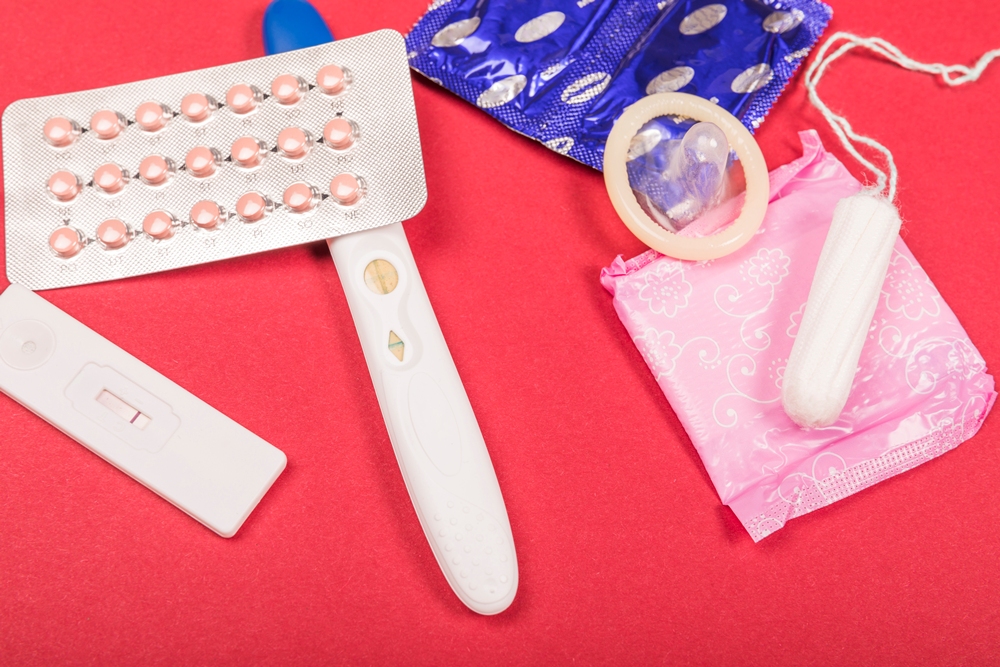
The US decision to incinerate US$9.7m worth of contraceptives is expected to result in 174,000 unintended pregnancies and 56,000 unsafe abortions across five African countries.
The medical supplies, many of which were not due to expire until between 2027 and 2029, would have supported more than 1.4 million women and girls in the Democratic Republic of Congo, Kenya, Tanzania, Zambia and Mali.
The products had already been manufactured, packaged and prepared for delivery. Around 77 per cent were earmarked for distribution in the five African nations.
The International Planned Parenthood Federation (IPPF), a global healthcare provider and advocate for sexual and reproductive rights, offered to take the contraceptives for redistribution at no cost to US taxpayers. The offer was declined.
IPPF said the decision would deny women and girls in the affected countries access to lifesaving care.
Tanzania will be hardest hit, losing more than 1 million injectable doses and 365,100 implants – small devices inserted under the skin that release hormones to prevent pregnancy.
This amounts to 28 per cent of the country’s total annual contraceptive need.
Dr Bakari, project coordinator at Umati, IPPF’s member association in Tanzania, said: “We are facing a major challenge.
“The impact of the USAID funding cuts has already significantly affected the provision of sexual and reproductive health services in Tanzania, leading to a shortage of contraceptive commodities, especially implants.
“This shortage has directly impacted clients’ choices regarding family planning uptake.”
In Mali, women will lose access to 1.2 million oral contraceptive pills and 95,800 implants, nearly one-quarter of the country’s annual requirement.
In Zambia, 48,400 implants and 295,000 injectable doses will no longer be available. In Kenya, 108,000 women will go without contraceptive implants.
Marie Evelyne Petrus-Barry, IPPF’s Africa regional director, called the move “appalling and extremely wasteful”.
She said: “These lifesaving medical supplies were destined to countries where access to reproductive care is already limited, and in some cases, part of a broader humanitarian response, such as in the DRC.
“The choice to incinerate them is unjustifiable.”
In Kenya, the cuts compound an already strained system.
Nelly Munyasia, executive director of the Reproductive Health Network in Kenya, said stocks of long-term contraceptives had already run out, and warned of further consequences.
She said: “There is a 46 per cent funding gap in Kenya’s national family planning programme,.
“These systemic setbacks come at a time when unmet need for contraception remains high. Nearly one in five girls aged 15 to 19 are already pregnant or has given birth.
“Unsafe abortions remain among the five leading causes of maternal deaths in Kenya.”
Munyasia also warned that health workers’ skills are being eroded and said a lack of contraceptive access would increase maternal deaths as more women seek unsafe abortions.
While Kenya’s 2010 constitution allows abortion when a pregnant person’s life or health is at risk, the 1963 penal code still criminalises the procedure.
As a result, healthcare providers often avoid offering abortion care, even in emergencies.
A US state department spokesperson confirmed last month that the decision to destroy the supplies had been authorised.
Reports indicated the products were to be incinerated in France, prompting the French government to say it was “following the situation closely” following objections from rights and family planning groups.
The state department said the contraceptives could not be sold or donated to “eligible buyers” due to US legal restrictions, which prohibit foreign aid to organisations that provide abortion services, counsel on abortion, or advocate for abortion rights overseas.
Special
Gates foundation pledges $2.5bn to ‘ignored’ women’s health issues

The Gates Foundation will invest US$2.5bn in women’s health research by 2030, it announced on Monday, focusing on conditions from preeclampsia to menopause.
The pledge is around one-third more than the foundation spent on women’s and maternal health research and development over the past five years.
It is also among the first major commitments since Bill Gates said he would give away his US$200bn fortune by 2045.
Gates said: “Women’s health continues to be ignored, underfunded and sidelined. Too many women still die from preventable causes or live in poor health,” said Gates.
“That must change.”
The new funding will support research into under-studied conditions affecting hundreds of millions of women in both high- and low-income countries.
These include preeclampsia – a pregnancy complication that causes high blood pressure – and gestational diabetes, as well as heavy menstrual bleeding, endometriosis and menopause.
Investment will focus on five priority areas: obstetric care and maternal immunisation; maternal health and nutrition; gynaecological and menstrual health; contraceptive innovation; and research into sexually transmitted infections.
The aim is to kickstart research, develop new products, and ensure equitable global access to treatments.
Just one per cent of healthcare research and innovation spending goes to female-specific conditions beyond cancer, according to a 2021 analysis by McKinsey & Co.
Dr Anita Zaidi, the foundation’s head of gender equality, said the field has been held back by data gaps and bias.
She noted that key questions remain unanswered – including how some medicines interact with the uterus.
She told Reuters: “If you look at the literature, there may be only 10 women who’ve been studied, ever.
“We don’t even have the answers to these basic questions.”
Zaidi said the US$2.5bn pledge is a “drop in the bucket” compared to what is needed, and called on governments, philanthropists and the private sector to step in.
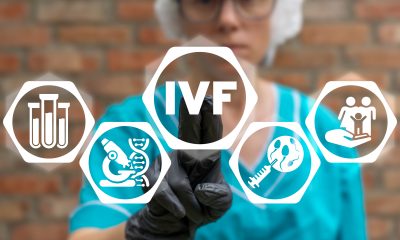
 Fertility4 days ago
Fertility4 days agoScientists turn human skin cells into eggs in IVF breakthrough
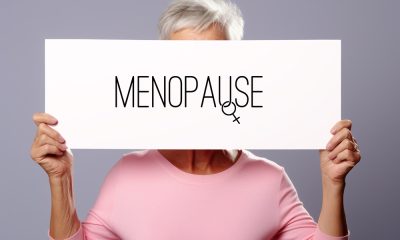
 Ageing5 days ago
Ageing5 days agoFDA plans to revise black box warning on menopause hormone therapies

 News5 days ago
News5 days agoDaily pill could delay menopause ‘by years,’ study finds

 News4 days ago
News4 days agoMothers’, not fathers’, mental health directly linked to their children’s, study shows

 Opinion3 days ago
Opinion3 days agoManagers still unprepared to discuss menstrual health, study finds

 Hormonal health1 day ago
Hormonal health1 day agoAI-powered women’s health companion Nexus launches in UK

 News3 days ago
News3 days agoAncient herb to modern must-have: Why ashwagandha is capturing UK women’s attention

 News3 days ago
News3 days agoDrug improves survival in triple-negative breast cancer















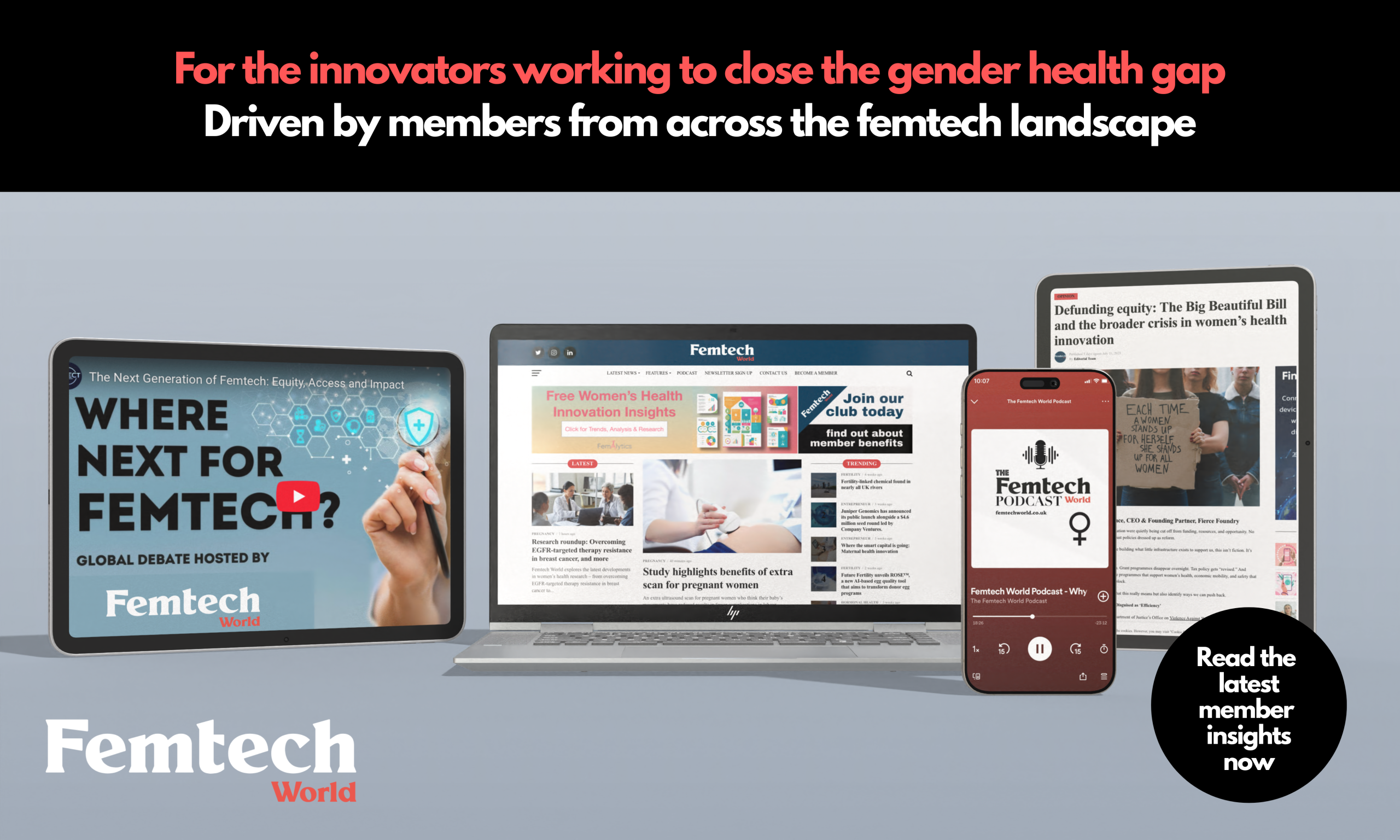












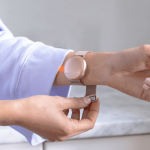

3 Comments